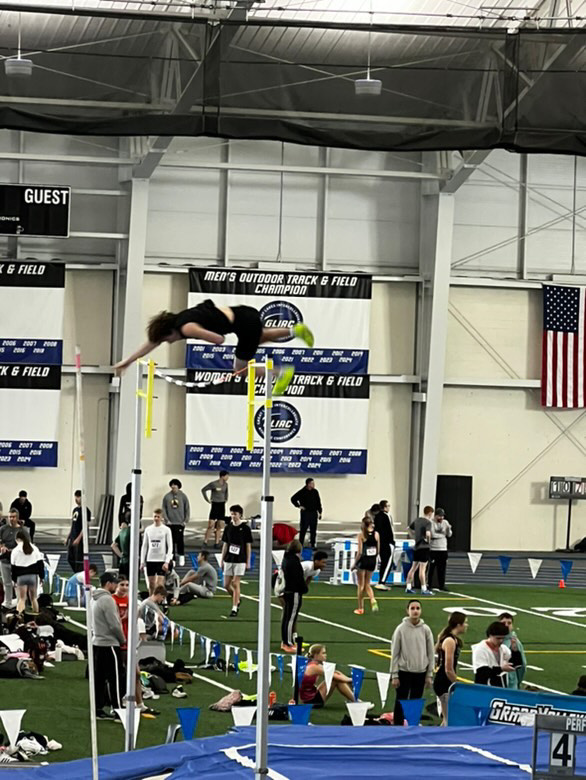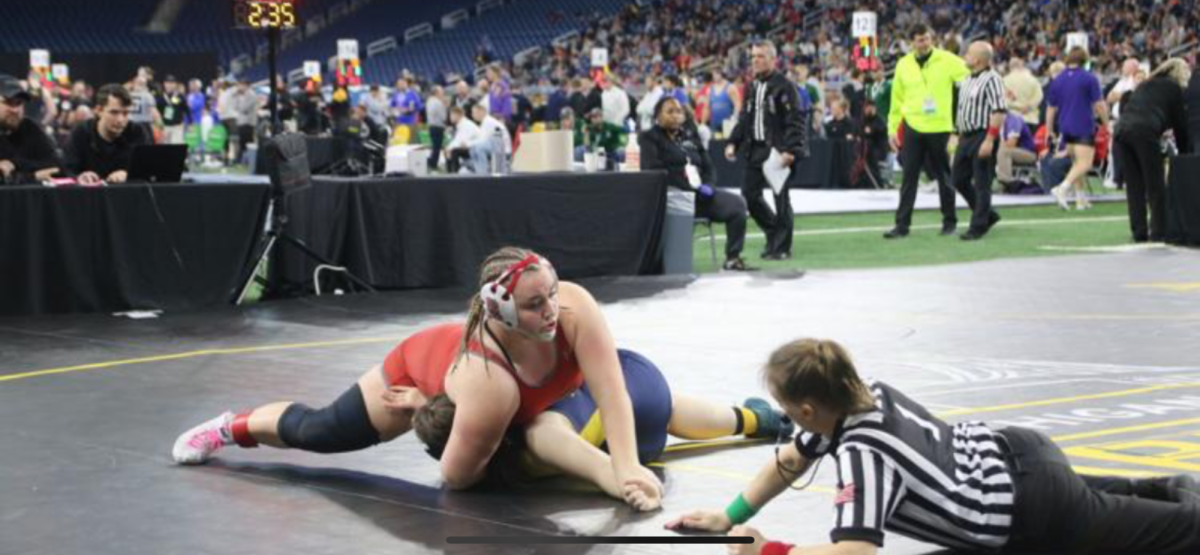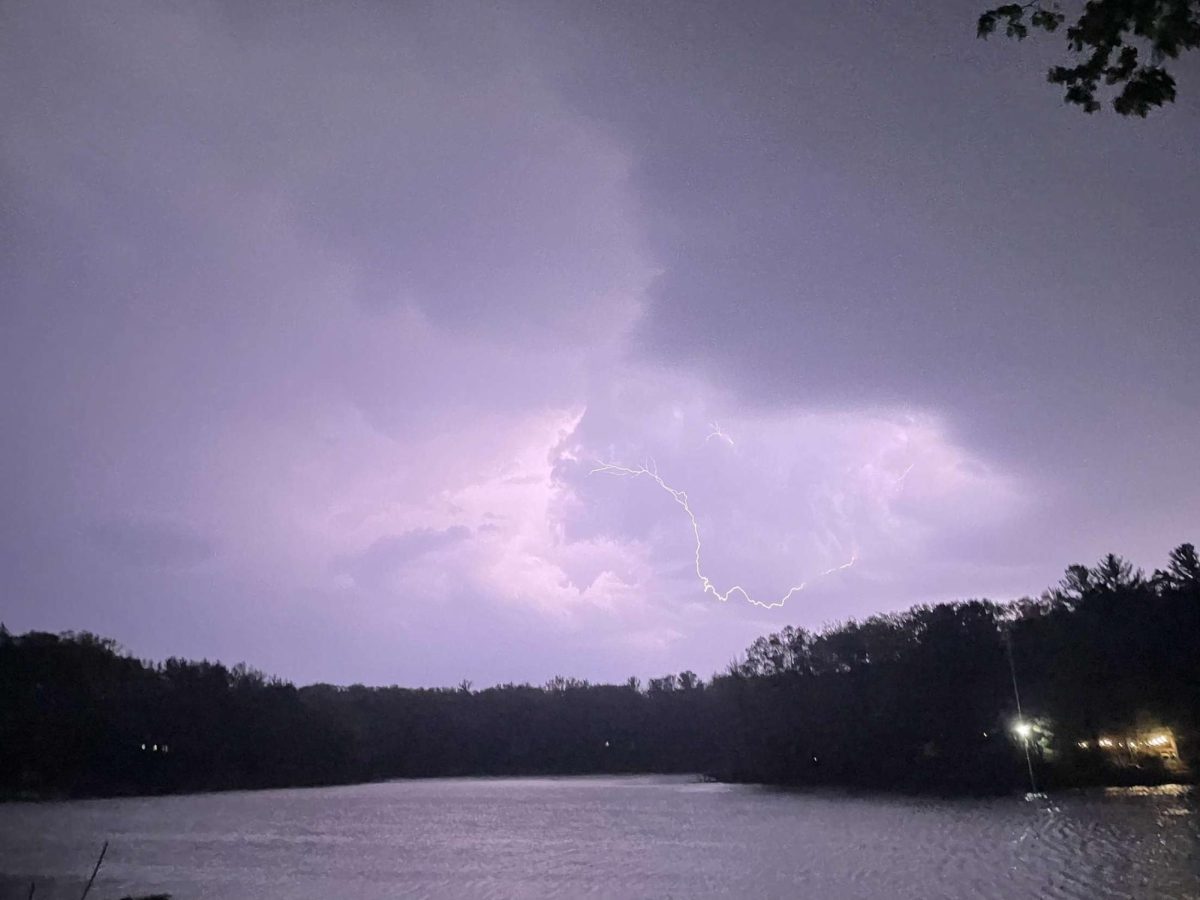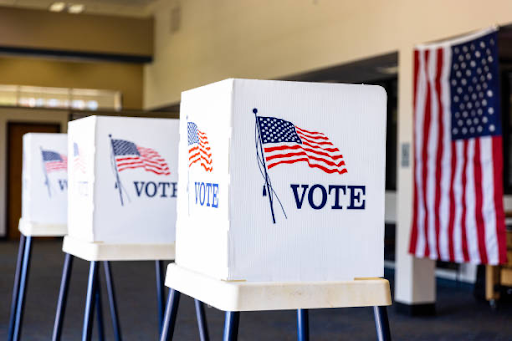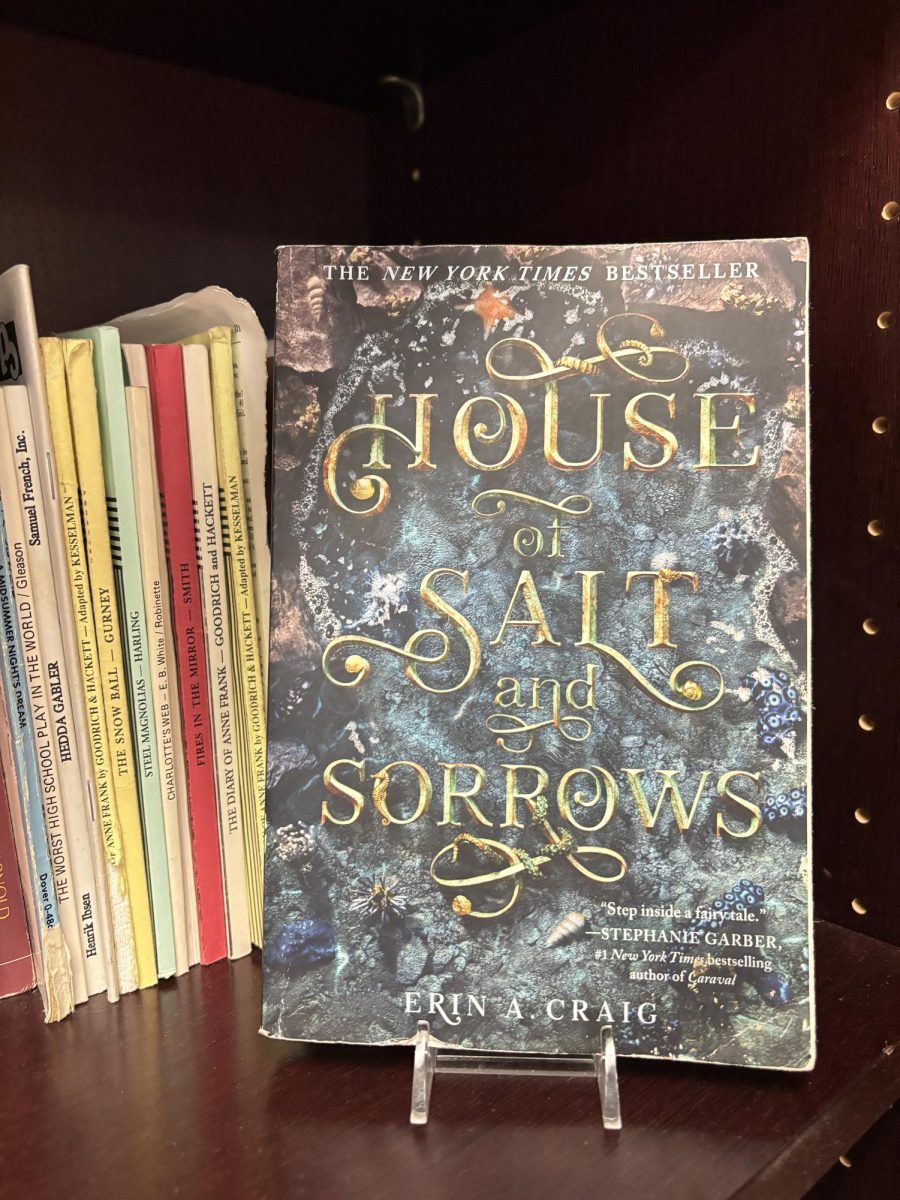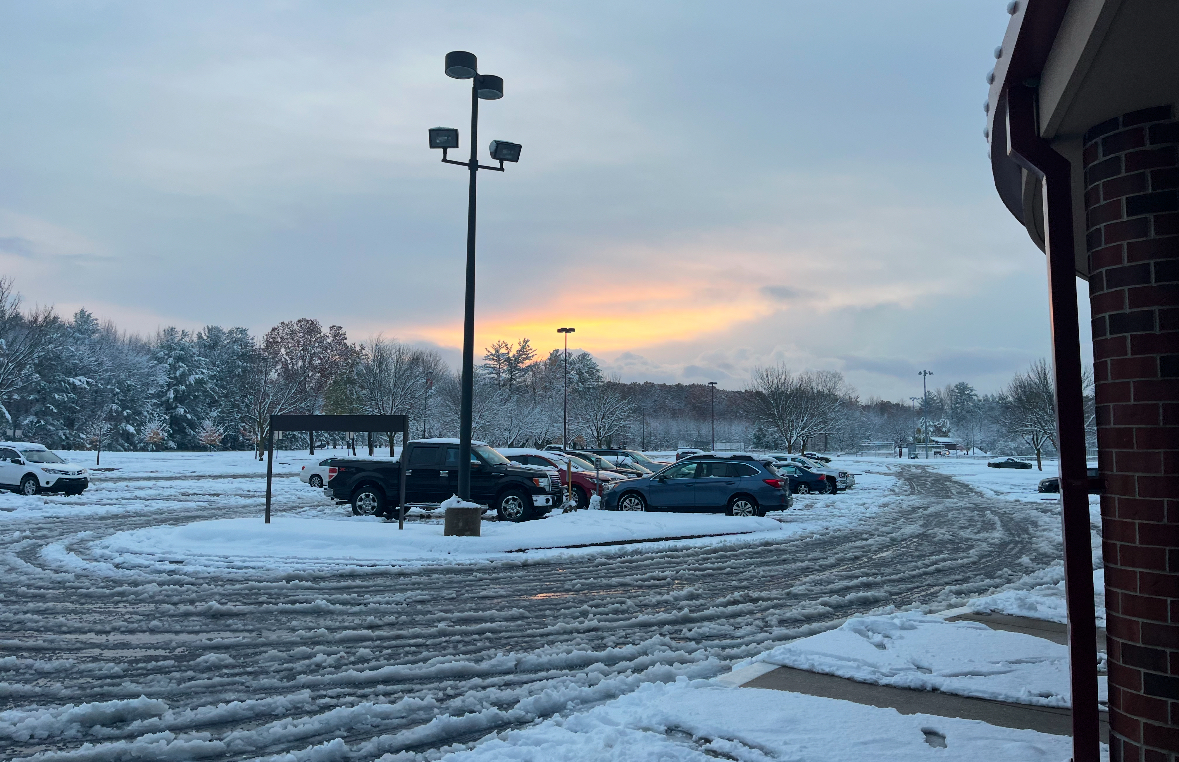Roe V. Wade

September 26, 2022
It has taken the focus of news articles, campaigns, and daily conversations since 1973 and before: Abortion. Should people with a uterus have the right? How late is too late in the term? Is it ok to mix church and state?
I often find myself wondering about these same questions. There are so many reasons why this topic strikes so much controversy, but religion and medical freedom are always at the forefront of this debate.
For me, it boils down to this: regardless of your personal beliefs, you do not have the right to tell someone else what they may or may not do with their personal body and reproductive organs. Roe v. Wade was monumental in determining the right to privacy, and access to safe and accessible abortion services for all. The overturning of Roe v. Wade has the possibility to mark the beginning of a scary time to be responsible for a uterus.
I often think that pro-choice is mistaken for “pro-abortion”. In reality, there is no one who is “pro-abortion,” but rather people who advocate for the right to choose. The decision to terminate a pregnancy is often one of desperation or medical safety and is not as lighthearted as some paint it to be. But, it is important that people who have the ability to carry a baby, have a choice.
One of the main arguments presented for pro-life is that of the Christian bible. While this viewpoint is totally valid in its own right, religion has no place in politics. As a country, we are beginning to erase the line between church and state, and our elected officials are the ones holding the erasers. Once again, it comes down to the fact that we are all entitled to the right to our personal beliefs, but we are not entitled to the right to force others to obey them.
Yet another thing that many fail to realize is that banning abortion does virtually nothing to stop abortions, it only stops safe abortions. Since Roe v. Wade was enacted in the late 1970s, the amount of abortions has continued to decrease. According to the Pew Research Center, “Guttmacher says that in 2020 there were 14.4 abortions in the U.S. per 1,000 women ages 15 to 44. Its data shows that the rate of abortions among women has generally been declining in the U.S. since 1981 when it reported there were 29.3 abortions per 1,000 women in that age range.” Banning abortion is not the way to stop the termination of pregnancies. In reality, it makes it worse, because the person carrying the pregnancy is now at risk of medical complications or death. This also fails to recognize the fact that not all abortions are related to unwanted pregnancies. There are genuine medical reasons to terminate a pregnancy, including life-threatening conditions.
Instead, our sexual education system and post-birth system are flawed. Once parents and schools begin to actually teach their children how to prevent unwanted pregnancies, instead of placing a stigma around it, it is very plausible that the number of abortions may decrease. Similarly to this, the foster and welcare system needs a tremendous amount of help. I think that as a country, it’s time to start focusing on the parts of childbirth that we can control, and not the ones that violate others’ rights.







